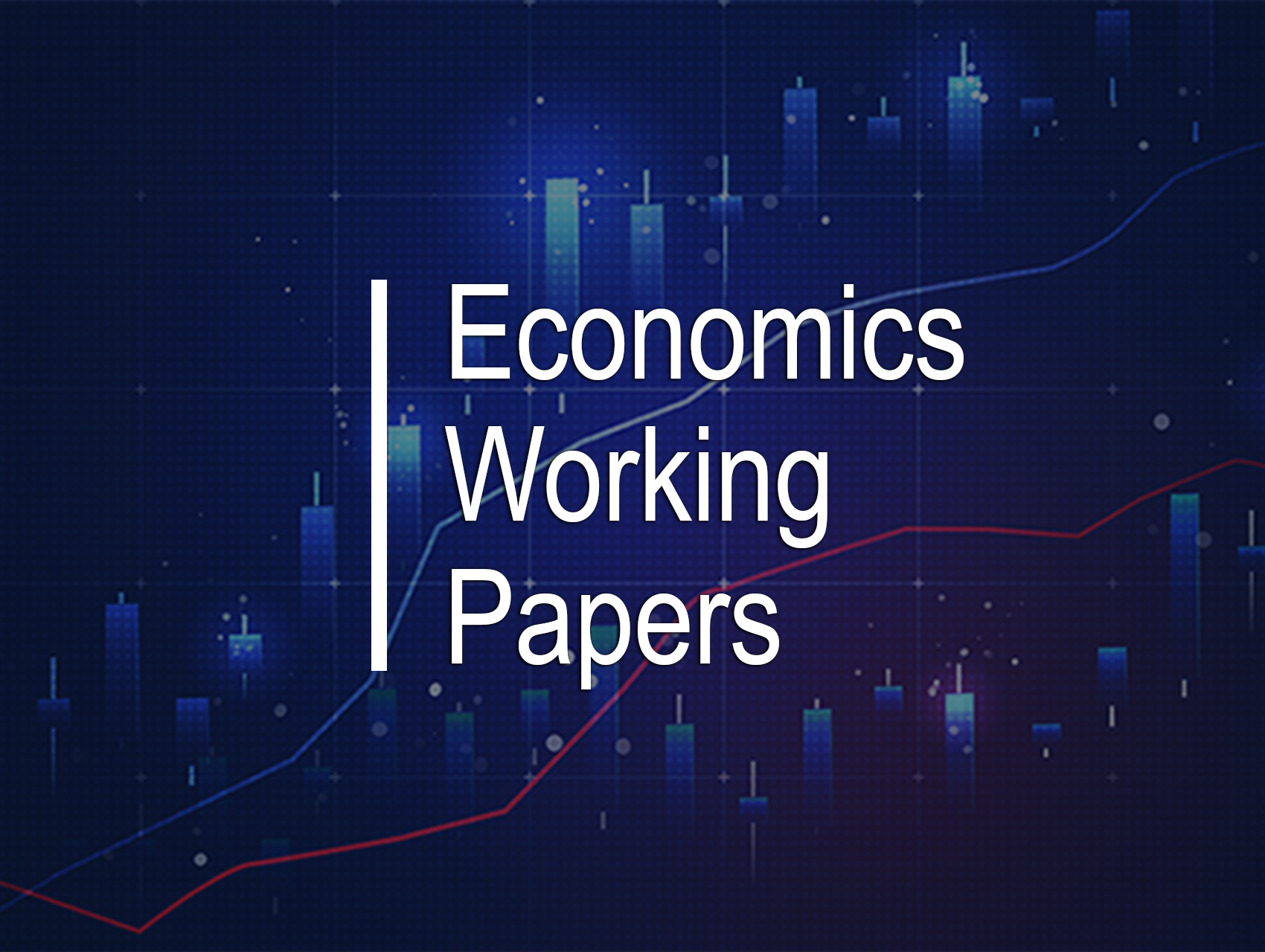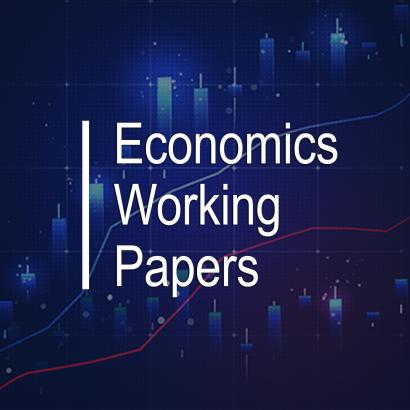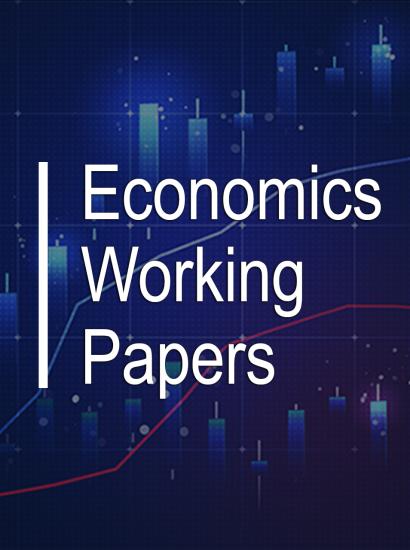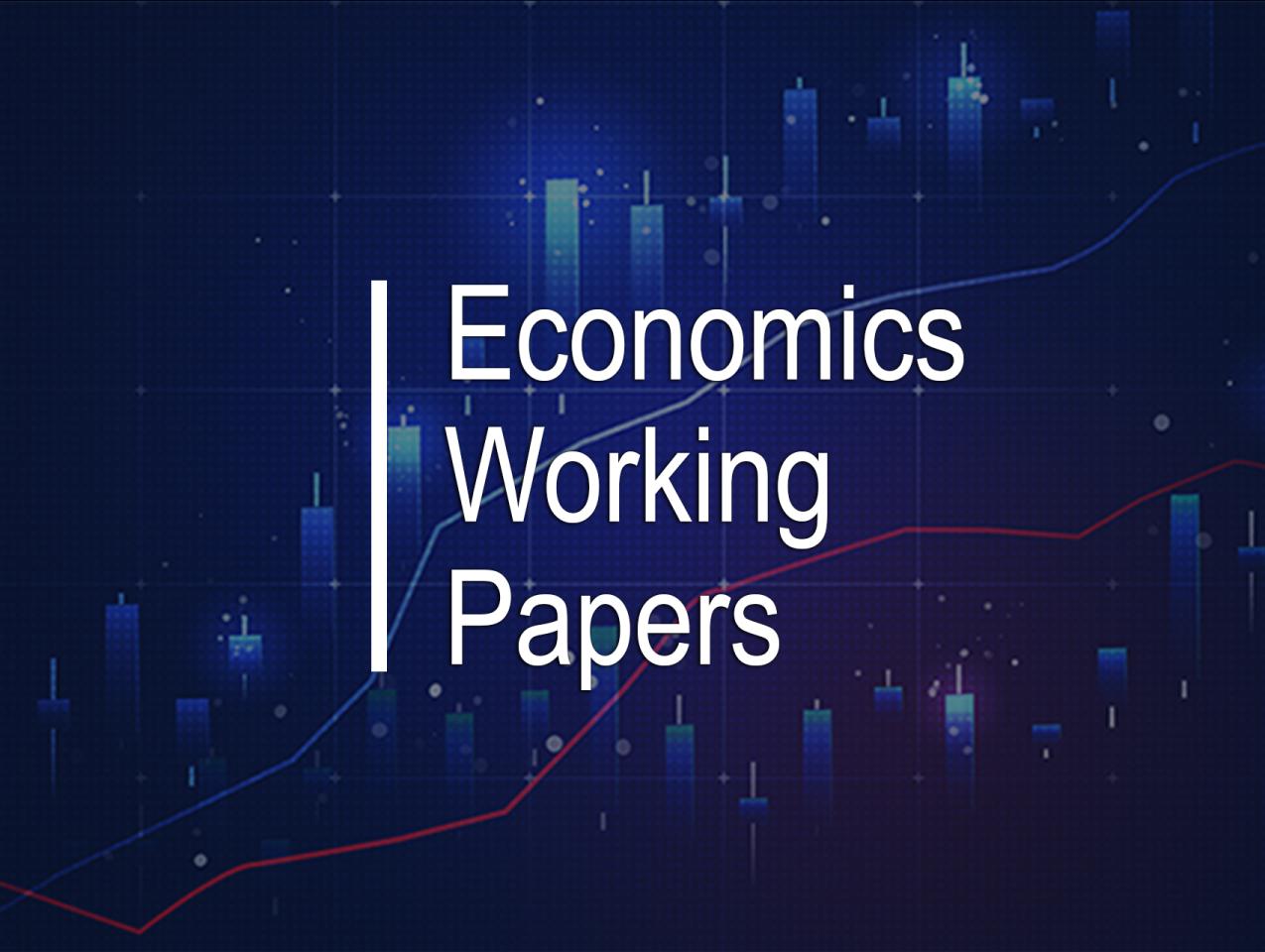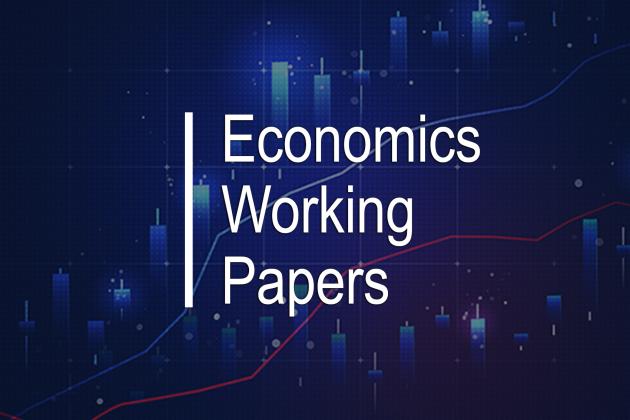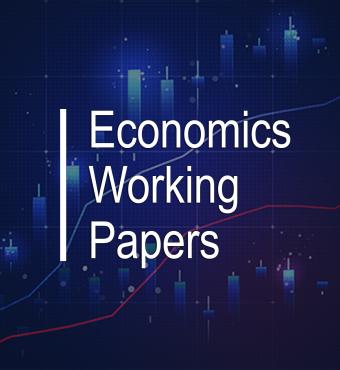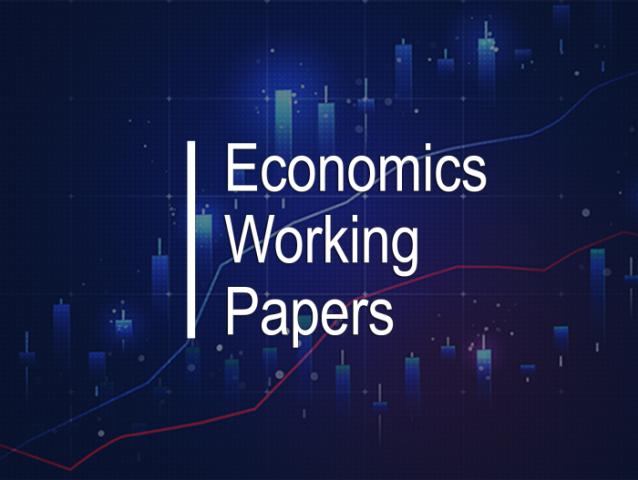- Economics
Economics Working Paper 21107
We examine next-day newspaper accounts of large daily jumps in 19 national stock markets to assess their proximate cause, clarity as to cause, and geographic source. Our sample of over 8,000 jumps, reaching back to 1900 for the United States, yields several novel findings. First, jumps have become more grounded in readily perceived news developments over the past century. Second, news about monetary policy and government spending accounts for a highly disproportionate share of upward jumps. Third, upward jumps attributed to monetary policy and government spending shocks are much more likely after a stock market crash. In this sense, the “Fed put” emerged decades before the 1990s, characterizes fiscal policy as well, and extends to other countries. Fourth, jumps triggered by monetary policy foreshadow much lower volatility than other jumps. Finally, leading newspapers attribute 38 percent of jumps in their own national stock markets to US economic and policy developments. The US role in this regard dwarfs that of Europe and China.







